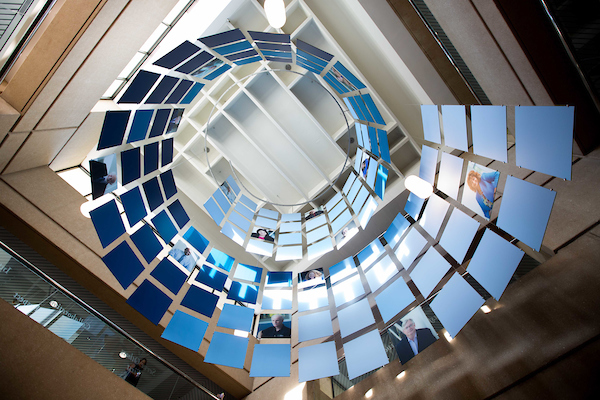Broad-Based Medical Science Training for Future Healthcare Professionals
Broad-Based Medical Science Training for Future Healthcare Professionals
Blog Article
Preparing for Health Professions Through Targeted Graduate Study
The biomedical masters programs is really a graduate-level academic giving designed to guide people seeking enhanced recommendations for entry into a wide variety of professional schools. These include medical, dental, chiropractic, drugstore, medical practitioner secretary, physical therapy, and other health-related programs. By way of a organized and integrative curriculum, this system equips pupils with the foundational information and skills required for competitive applications and academic achievement in professional training.

This program emphasizes a demanding medical key that mirrors the curriculum of first-year skilled wellness programs. Pupils on average engage in sophisticated coursework in professions such as for instance anatomy, biochemistry, physiology, pharmacology, microbiology, and pathology. That academic framework helps expertise of complicated material and encourages the progress of sophisticated diagnostic and reason skills—crucial competencies for future health professionals.
What units this system aside is their versatility. While many pupils follow it as a walking stone toward skilled school, the curriculum also prepares graduates for functions within the broader wellness sciences sector. Alumni of this system have successfully joined occupations in public areas health, healthcare administration, medical study, and biotechnology. Others have pursued advanced study in fields such as for example biomedical sciences, healthcare knowledge, and actually legislation, with an emphasis on biotechnology patents or regulatory affairs.
Along with academic preparation, the program fosters qualified growth through advising, mentorship, and check preparation. Pupils looking for entry to programs that require entrance exams—like the MCAT, DAT, or GRE—take advantage of organized help and academic assets that increase their readiness. These functions subscribe to the program's notable accomplishment rate: around 75% of graduates are admitted to professional schools following completion.
The curriculum's broad design also reacts to the growing needs of the healthcare workforce. As healthcare supply designs become increasingly interdisciplinary, the ability to interact with a range of clinical and scientific content is essential. Pupils obtain not just subject-specific understanding but also useful knowledge in important thinking, research design, and communication. These transferable skills are appropriate in academic, clinical, and non-clinical roles.

Significantly, this system aligns with the broader aim of encouraging usage of medical care for several towns by producing graduates who're academically and ethically willing to contribute meaningfully in a variety of capacities. Whether pursuing a medical career or adding through policy, research, or education, graduates sit to impact the healthcare market in evidence-based and impactful ways.
The grasp of science in medical technology therefore serves as a proper investment in one's potential within the professions. It provides a connection between undergraduate education and the rigor of qualified or doctoral applications, equipping pupils with the tools needed to succeed both academically and appropriately in today's complicated health environment. Report this page